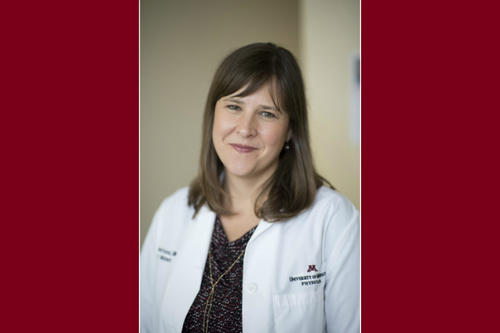
The U.S. Centers for Disease Control and Prevention (CDC) recently released a report that found that 31 percent of pregnancy-related deaths occurred during pregnancy, 36 percent at delivery, and 33 percent of deaths happened the year following delivery. About three in five pregnancy-related deaths could be prevented and black and American Indian/Alaska Native women are more likely to die from pregnancy-related causes, according to the CDC. University of Minnesota expert Carrie Neerland addresses how the healthcare field can improve care for black and American Indian/Alaska Native mothers.
Carrie Neerland, PhD, APRN, CNM, FACNM
“We have a maternity care crisis in the U.S. and the statistics are appalling. Maternal mortality and morbidity have continued to increase in the past two decades, with black and indigenous women experiencing maternal mortality at three to four times that of their white counterparts, regardless of education or income.
“This crisis is not new, but is finally getting the attention it deserves. Care providers and institutions must examine ways to confront their own biases and structural racism, as well as look to innovative, evidence-based solutions. These solutions include the use of midwives and community doulas, diversifying the health care workforce, and quality improvement processes and toolkits. Ultimately, we must listen to black women.”
Contact information:
Carrie Neerland
[email protected]
612-626-6131 (o)
Carrie Neerland is an assistant professor in the School of Nursing and a fellow of the American College of Nurse-Midwives. She specializes in midwifery and nursing research. Her current research examines reducing primary cesarean birth, maternal confidence for physiologic birth, and integration across birth settings.
Neerland also practices full-scope midwifery at the Women’s Health Specialists Clinic and the University of Minnesota Medical Center. Her clinical interests include pregnancy and birth, well-person care, contraceptive counseling, and vaginal birth after cesarean section (VBAC).
###
Media note:
The University of Minnesota Twin Cities is equipped with a VideoLink ReadyCam® studio for live or taped HD television interviews with our experts. To arrange an interview, contact University Public Relations at (612) 624-5551 or [email protected].
- Categories:
- Health




